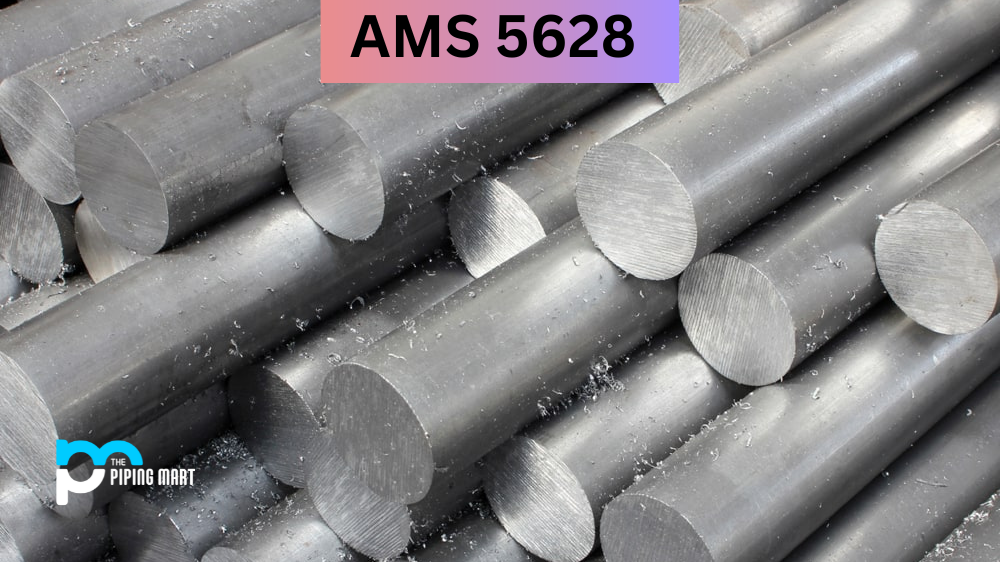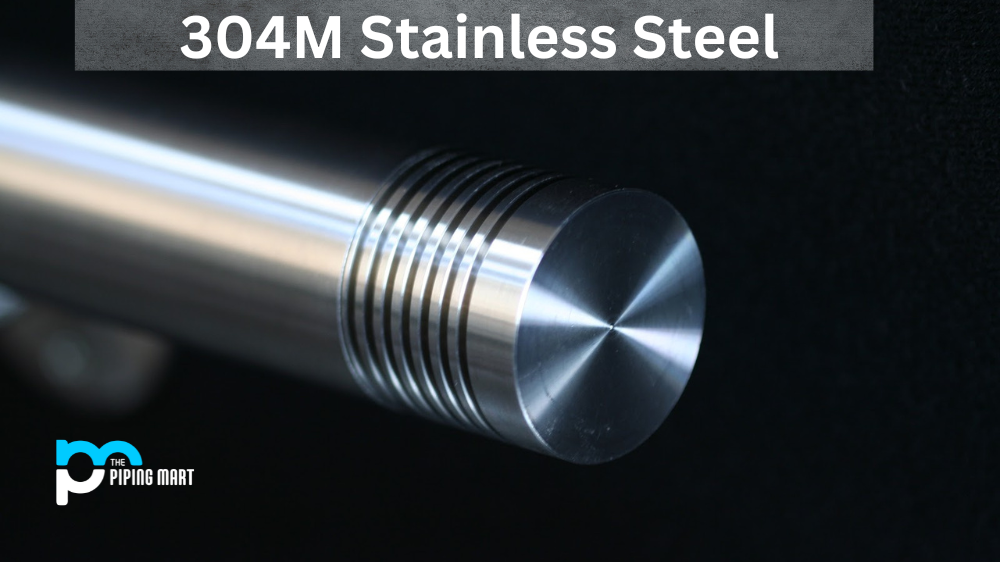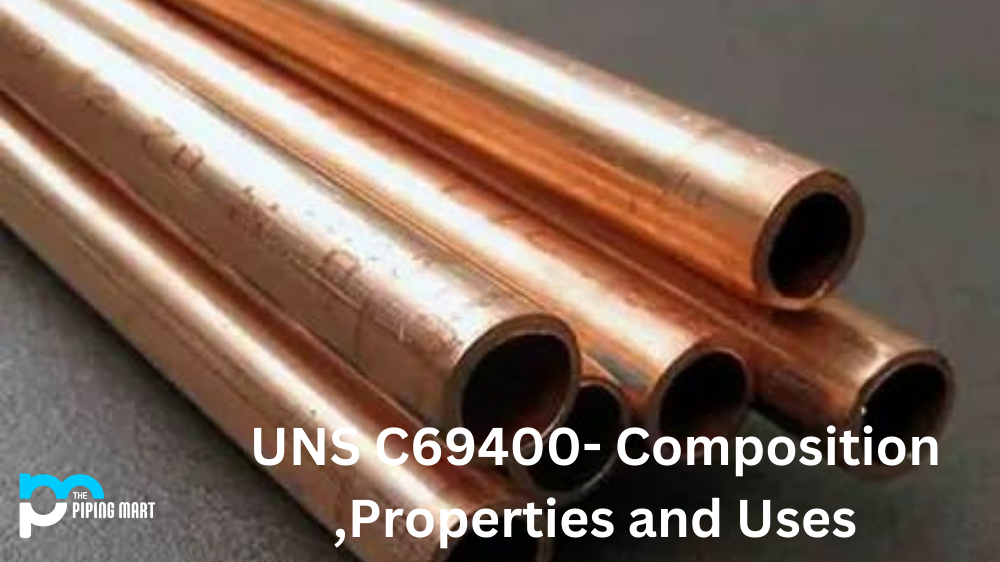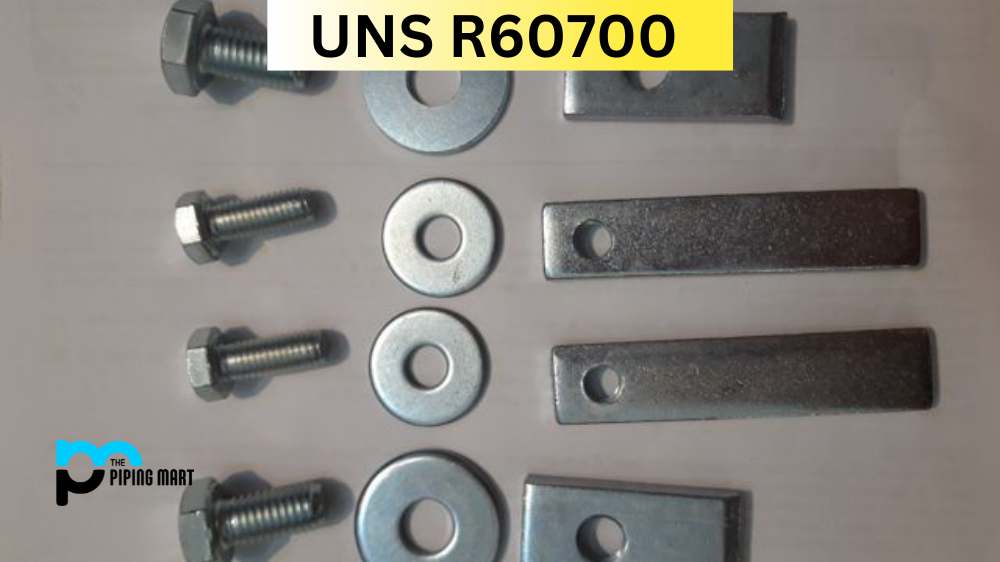AMS5628 is a popular material used in various industrial applications due to its strength, toughness, and corrosion resistance. Also known as 15-5PH, AMS 5628 is a precipitation-hardening stainless steel alloy with high levels of chromium, nickel, and copper. This comprehensive guide will delve deeper into the composition, physical and mechanical properties, heat treatment, and uses of AMS5628.
What is AMS 5628?
AMS 5628 (also known as 431 stainless steel) is a specification created by the Aerospace Materials Division of the Society of Automotive Engineers. This specification outlines the required chemical and mechanical properties for a specific type of stainless steel alloy. Known for its exceptional strength and corrosion resistance, AMS5628 is a popular choice for aircraft engine components and other high-stress applications. Its unique composition allows it to withstand extreme temperatures and pressure, making it a reliable and efficient solution for demanding environments. If you’re looking for material that can go above and beyond expectations, AMS 5628 is a top contender.
What form is AMS 5628 Available at Piping Mart?
- Bars
- Nuts
- Bolts
- Screw
- Washer
- Channels
- Fastener
- Electrodes
- Stud Bolts
AMS 5628 Composition
AMS 5628 is composed of 15% chromium, 5% nickel, 2% copper, and 0.15% carbon. These elements give the material excellent corrosion resistance, strength, and toughness. AMS 5628 is also characterized by its ability to be heat-treated to further improve its properties.
| Grade |
C |
Mn |
Si |
P |
S |
Cr |
Ni |
|
|
AMS 5628 |
Min. Max. |
– 0.20 |
– 1 |
– 1 |
– 0.04 |
– 0.03 |
15 17 |
1.25 2.50 |
AMS 5628 Physical Properties
AMS 5628 has a density of 7.81 g/cm3 and a melting point of 1399°C. The alloy has good mechanical stability at high temperatures, making it suitable for aerospace applications. Additionally, AMS 5628 exhibits excellent resistance to stress corrosion cracking and pitting.
|
Grade |
Density (kg/m3) |
Elastic Modulus (GPa) |
Mean Coefficient of Thermal Expansion (μm/m/°C) |
Thermal Conductivity (W/m.K) |
Specific Heat |
Electrical Resistivity (nΩ.m) |
|||
|
0-100°C |
0-315°C |
0-538°C |
at 100°C |
at 500°C |
|||||
|
AMS 5628 |
7800 |
200 |
10.2 |
12.1 |
– |
20.2 |
– |
460 |
720 |
AMS 5628 Mechanical Properties
AMS 5628 has impressive mechanical properties, making it ideal for demanding industrial applications. Its tensile strength ranges from 1050-1400 MPa, and its yield strength ranges from 960-1275 MPa. The alloy also possesses excellent flexibility, with an elongation of up to 15% and a reduction in area of up to 50%.
|
Tempering Temperature (°C) |
Tensile Strength (MPa) |
Yield Strength 0.2% Proof (MPa) |
Elongation (% in 50mm) |
Hardness Brinell (HB) |
Impact Charpy V (J) |
|
Annealed * |
862 |
655 |
20 |
285 max |
– |
|
204 |
1345 |
1055 |
20 |
388 |
50 |
|
316 |
1295 |
1035 |
19 |
375 |
53 |
|
427 |
1350 |
1080 |
19 |
388 |
# |
|
538 |
1140 |
965 |
19 |
321 |
# |
|
593 |
1015 |
770 |
20 |
293 |
64 |
|
650 |
960 |
695 |
20 |
277 |
84 |
AMS 5628 Uses
AMS 5628 bars is widely used in various industrial applications that require high strength, toughness, and corrosion resistance. It is commonly used in the aerospace industry to manufacture parts for aircraft and spacecraft. The petrochemical industry also uses the alloy to produce valves, fittings, and pumps. Additionally, AMS 5628 is utilized in the medical industry to create implantable medical devices and surgical instruments.
AMS 5628 Heat Treatment
AMS 5628 stud bolts can be heat-treated to improve its mechanical properties further. The material is initially transformed into its austenitic state, then air-cooled and aged at temperatures of 480-620°C. This heat treatment process, known as precipitation hardening, enhances the material’s strength, toughness, and corrosion resistance.
Conclusion
In conclusion, AMS 5628 material is a precipitation-hardening stainless steel alloy with impressive mechanical properties, making it suitable for demanding industrial applications. Its strength, toughness, flexibility, and corrosion resistance make it a popular choice in the aerospace, petrochemical, and medical industries. Heat treatment further enhances its properties, making it a versatile and reliable material for various applications. Understanding the composition, physical and mechanical properties, use, and heat treatment of AMS 5628 can help you select the right material for your specific application.

Meet Bhavesh, a seasoned blogger with a wealth of knowledge and experience. From metal products manufacturing to retail, Bhavesh has a diverse background in various industries and is dedicated to sharing his insights and expertise with readers.




